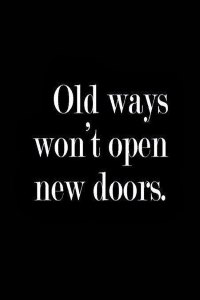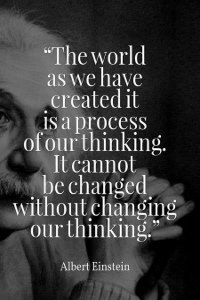 Working with people/organisations can be stressful. You cannot control their demands, moods, their reactions or their outlook. Individuals working in high pressure jobs are faced with the complexity of human life and conditions every day of the week. Being such an individual you are faced every day with people’s problems and challenging situations which can sometimes feel overwhelming.
Working with people/organisations can be stressful. You cannot control their demands, moods, their reactions or their outlook. Individuals working in high pressure jobs are faced with the complexity of human life and conditions every day of the week. Being such an individual you are faced every day with people’s problems and challenging situations which can sometimes feel overwhelming.
Learning to process the things that you see and have little control over can be difficult. It can be hard not taking other people’s troubles personally or blaming situations or people for how you are feeling. You can feel overwhelmed by the scale of the problems and your limited resources and time can sometimes do little to change the situation or how you are feeling. How do you prevent the scale of this work from taking you over and affecting you personally and professionally?
This is where support and supervision is vital. Working in these roles, attending a supervisor is of great importance. It is a time and space every month dedicated to processing all the things that you see, hear, witness and experience. Support and supervision sessions are the time to talk it all out, to reason it through and to gain skills to deal with it. Supervision is an essential part of the mental health and well-being regime for anyone working in a position of responsibility/social care or emergency servcies. Margaret is widely renowned as someone who can address the needs of staff and managers in various settings to help alleviate the stresses and strains that any professional life can bring with it.
To find out how you can engage Margaret for support and supervision for you or your organisation talk to her today.



























